If you’ve had an IRA or 401(k) for a long time, you’re probably pretty familiar with the rules governing withdrawals and contributions – because, for the most part, they haven’t changed in years. And you may also know what’s going to happen to your IRA if you leave it to someone as part of your estate plans. But we are about to see some changes – and you should be aware of how they may affect your individual situation. Here’s the story: Congress recently approved legislation called the SECURE Act, which, among its many provisions, includes several that should be of particular interest to IRA and 401(k) investors. The first of these changes deals with the money you take out of your IRA and 401(k). As you may know, under the old rules, you were required to start taking withdrawals – known as required minimum distributions (RMDs) – from your traditional IRA and your 401(k) when you turned 70 ½. Of course, you did not have to wait until that age, but if you didn’t take your full RMDs on time, the shortfall would typically be subject to a 50% tax penalty. Under the Secure Act, the RMD age has been pushed back to 72. This higher age could benefit you by giving your IRA and/or 401(k) more time to potentially grow on a tax-deferred basis. On the other hand, by waiting until you’re 72, you could be forced to take larger RMDs, which are calculated by dividing your account balance by your life expectancy, as determined by IRS tables. And these RMDs are generally taxed at your personal tax rate. The second big IRA-related change concerns the age limit for making traditional IRA contributions. Previously, you could only contribute to your traditional IRA until you were 70 ½. Under the Secure Act, however, you can fund your traditional IRA for as long as you have earned income. So, if you plan to work past what might be considered the typical retirement age, you have the opportunity to add a few more dollars to your IRA. Another SECURE Act provision deals with early withdrawals from your IRA and 401(k). Usually, you must pay a 10% tax penalty when you withdraw funds from either of these accounts before you reach 59 ½. But now, with the new rules, you can withdraw up to $5,000 penalty-free from your IRA or 401(k) if you take the money within one year of a child being born or an adoption becoming final. The new rules also might affect your loved ones who stand to inherit your IRA. Under the old rules, a non-spouse beneficiary could stretch taxable RMDs from a retirement account over his or her lifetime. Now, most non-spouse beneficiaries will have to deplete the entire account balance by the end of the tenth year after the account owner passes away. So, this change could have tax implications for family members who inherit your IRA. You may want to consult with your estate planning or tax professional regarding this issue. Keep the new rules in mind when creating your retirement strategies. The more you know, the better prepared you can be to make the appropriate moves for you. This article was written by Edward Jones for use by your local Edward Jones Financial Advisor. Edward Jones. Member SIPC. Support local, independent news – contribute to The Fallon Post, your non-profit (501c3) online news source for all things Fallon. Never miss the local news -- read more on The Fallon Post home page.
New Rules for Retirement Plan Contributions, Withdrawals
- 01/29/2020 02:28 PM (update 04/11/2023 01:50 AM)



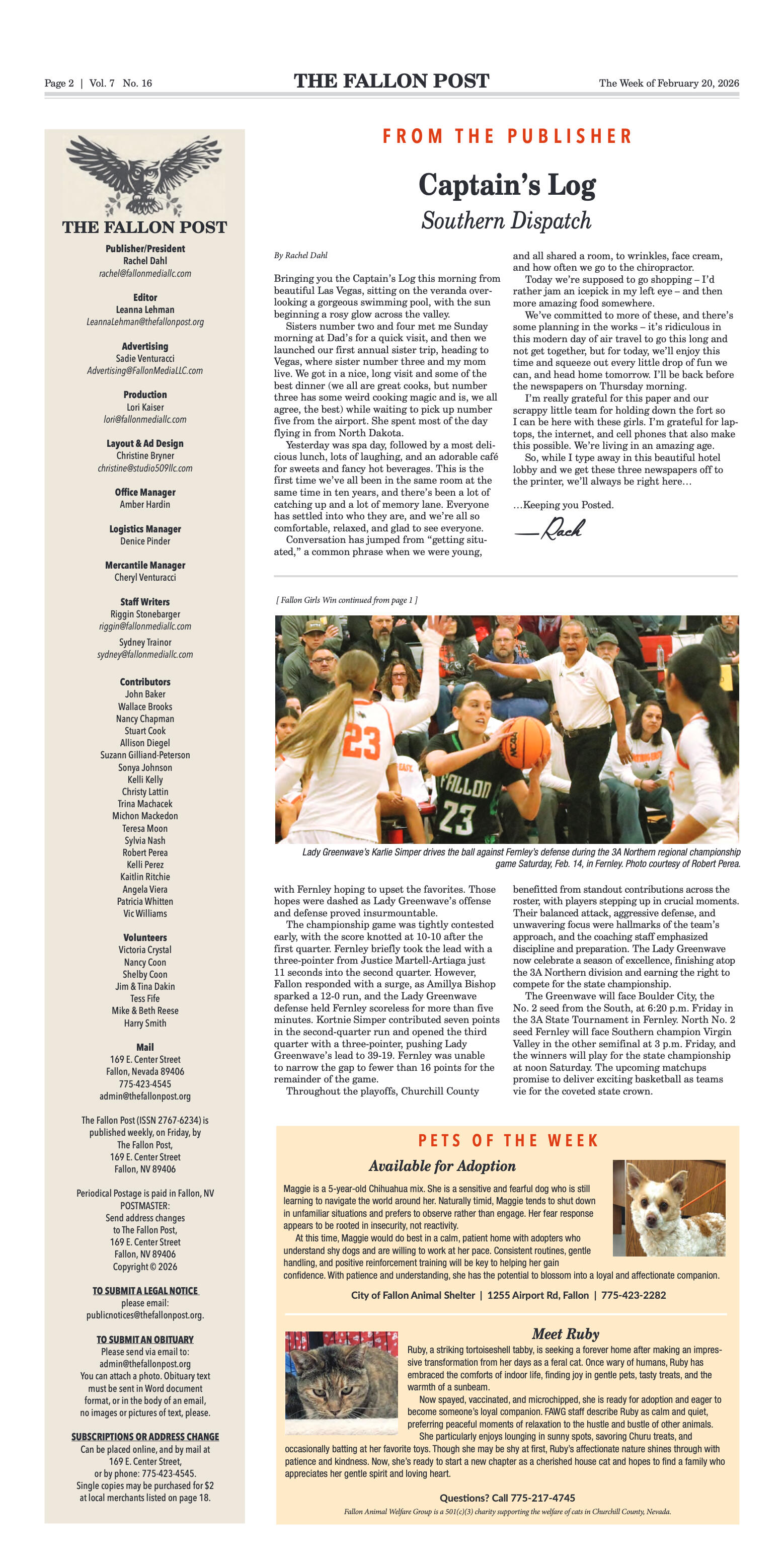

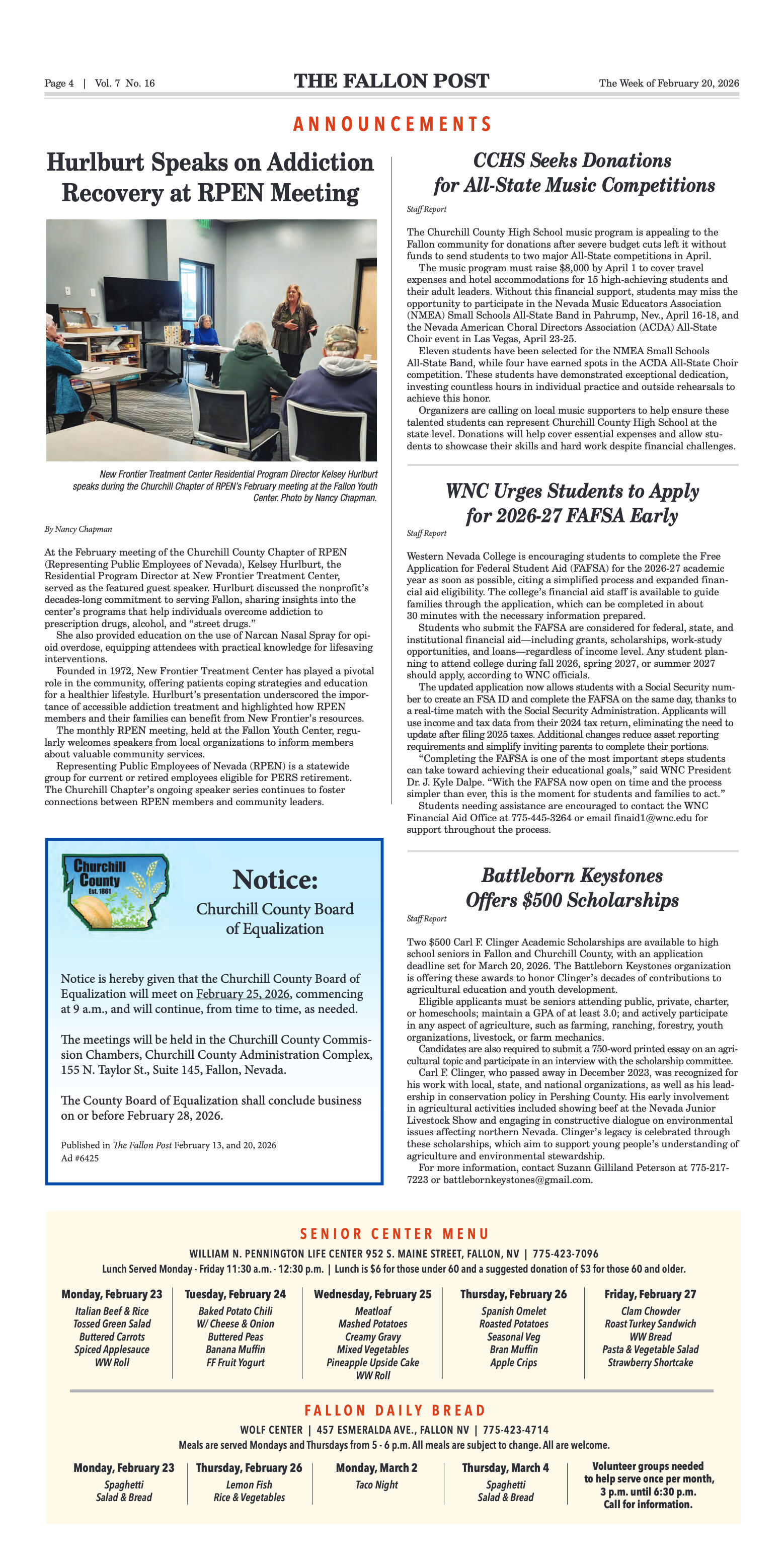

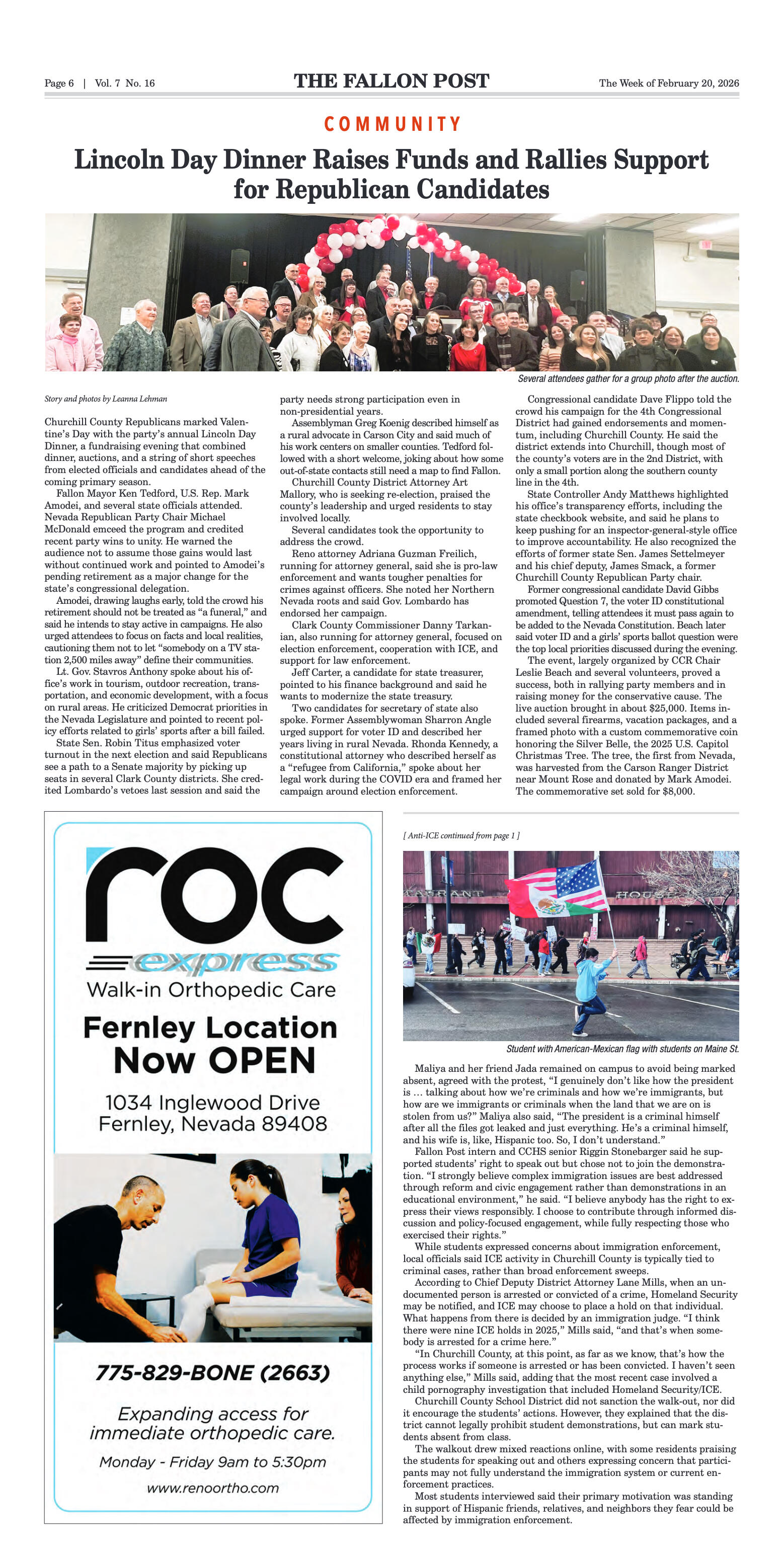

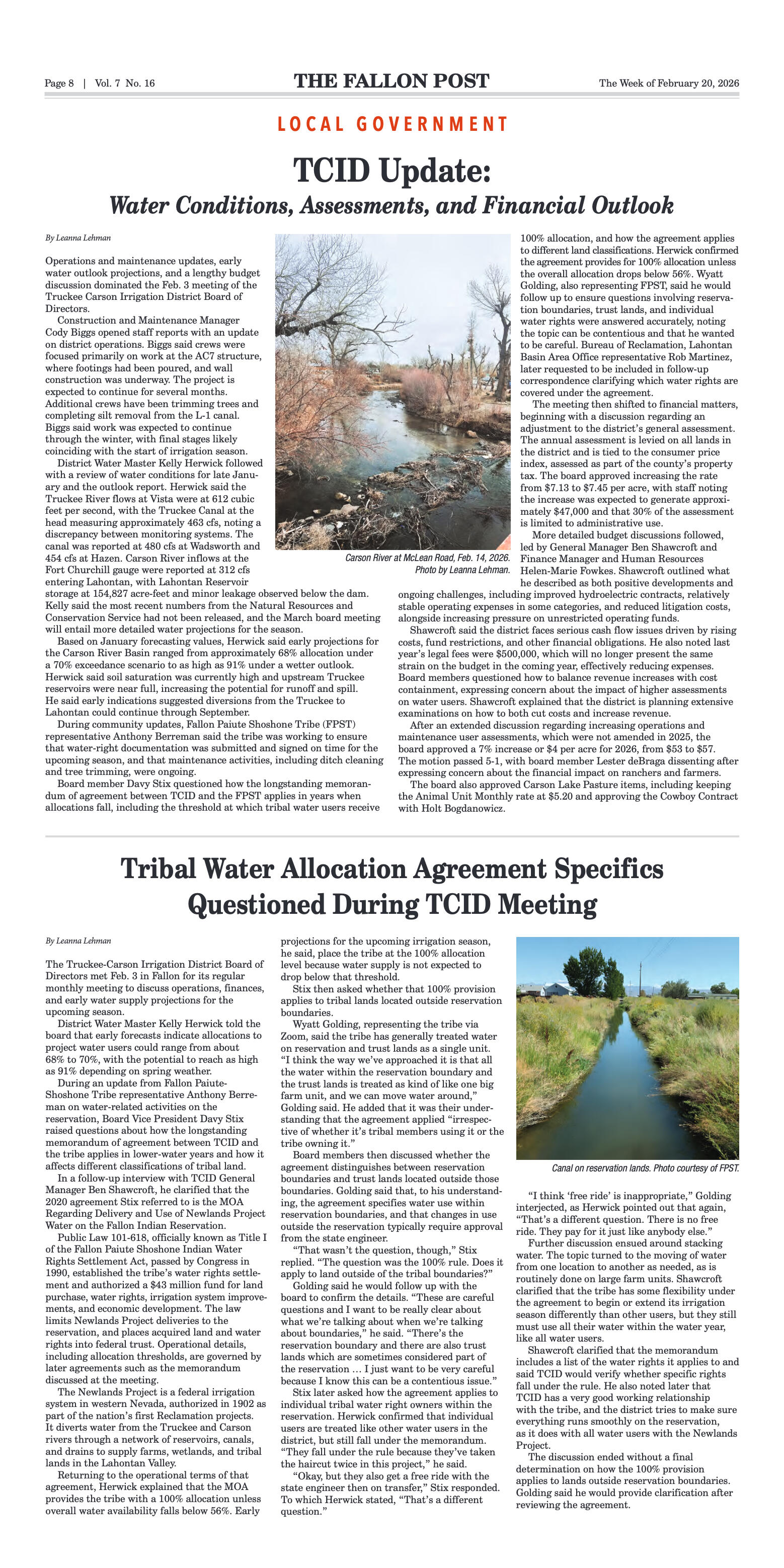
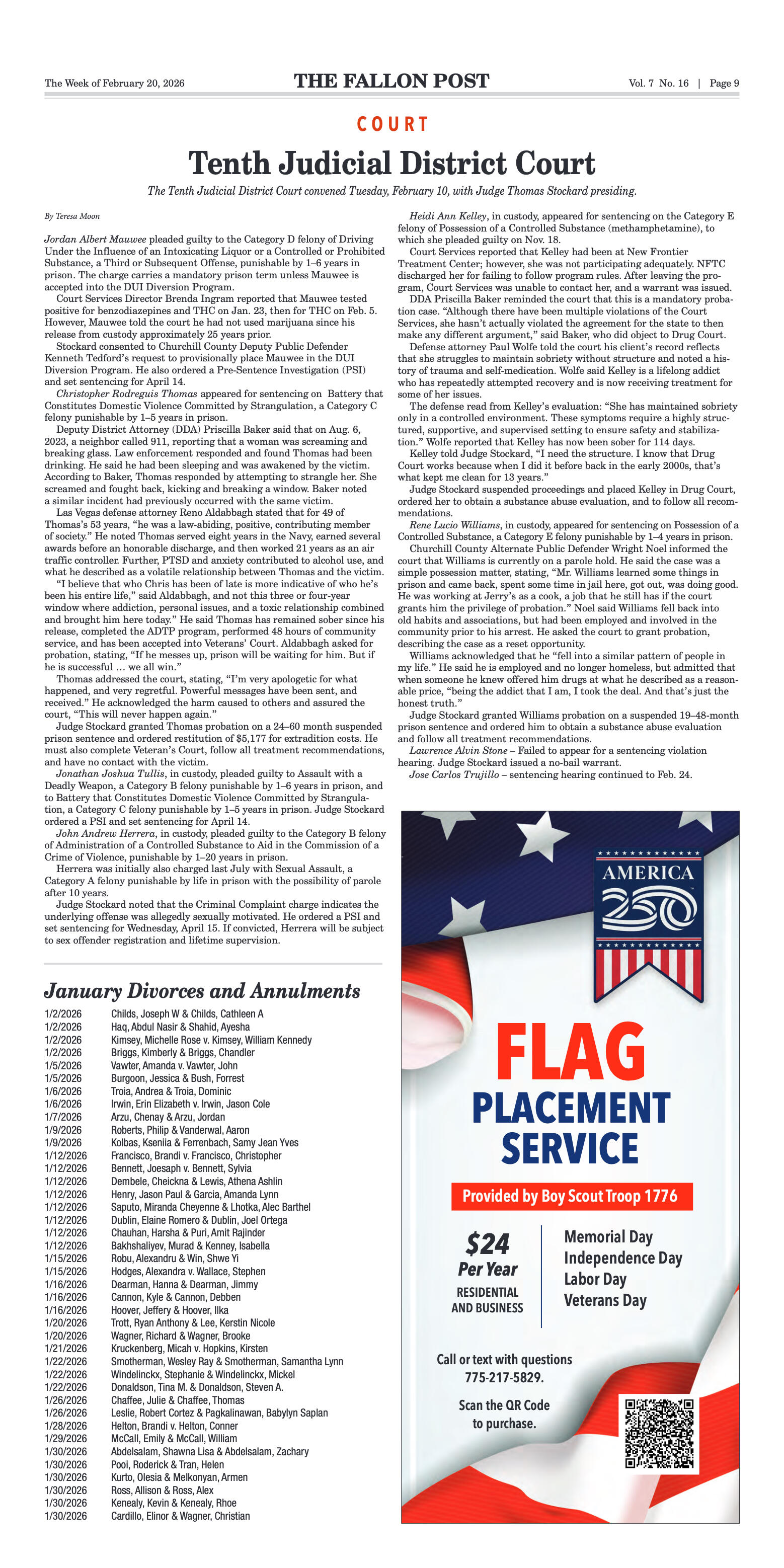

































Comment
Comments